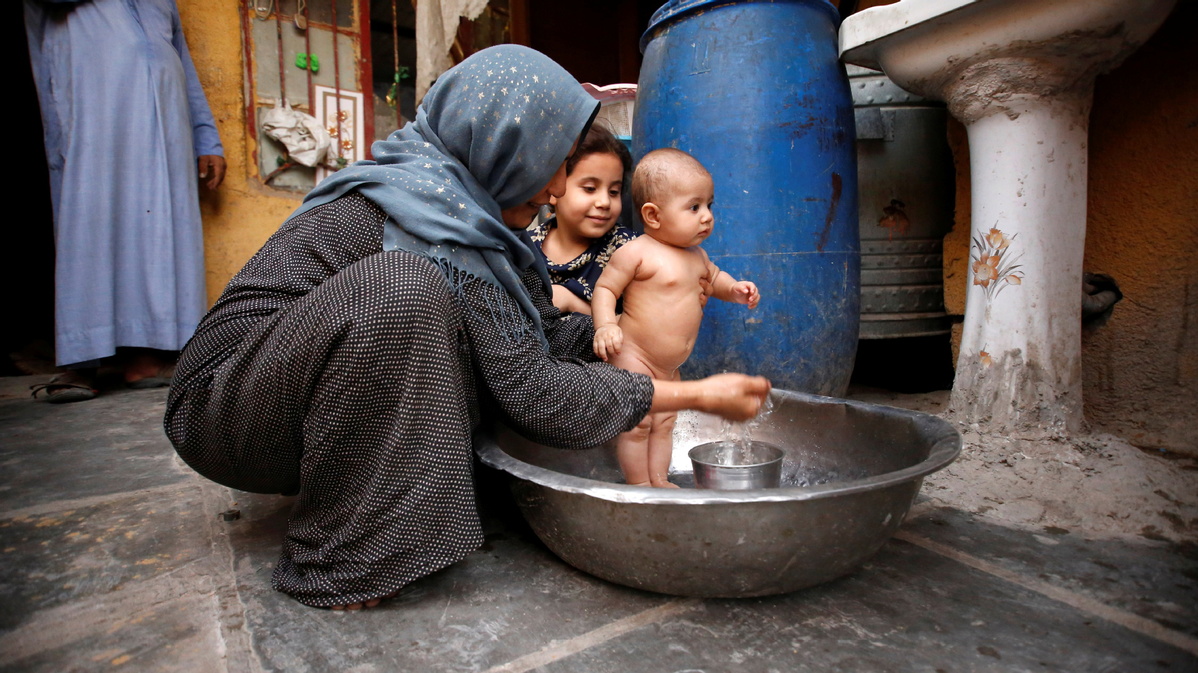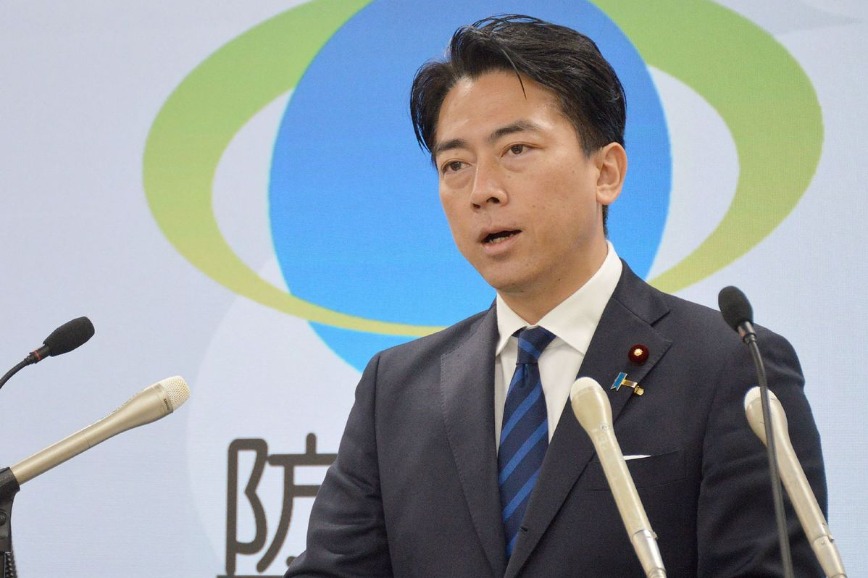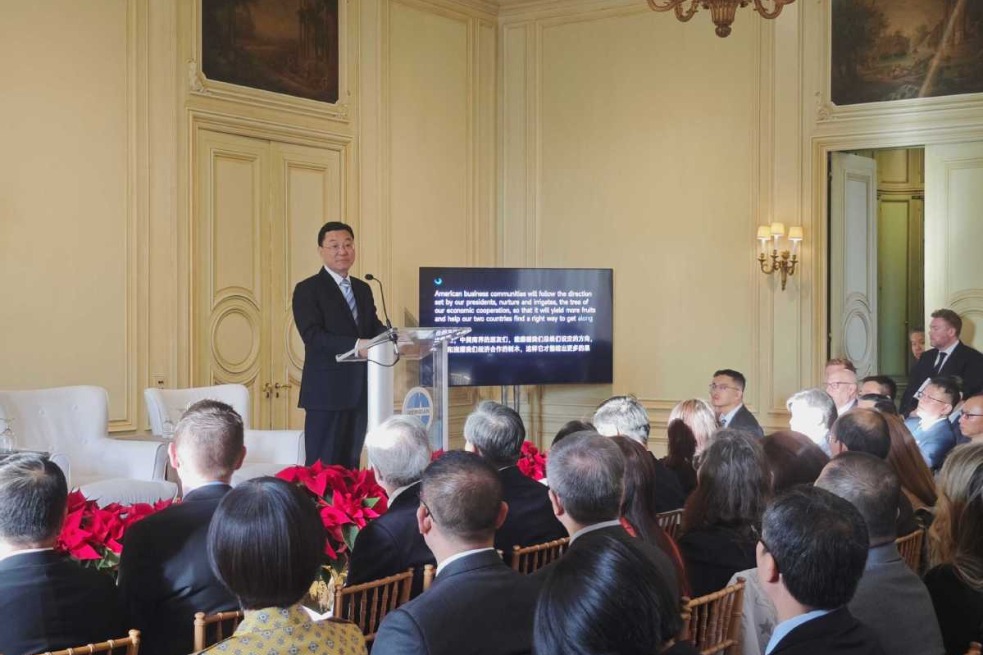Solutions sought for parched region


Better water management, along with the development of renewable energy sources, can help countries in the Middle East and North Africa address severe water shortages, environmental experts say.
At least 11 of the 17 countries deemed water stressed are in the sprawling region, according to a report by UNICEF in August. Experts say the problems could be mitigated through more effective management of water resources in the long run, complemented by efforts to tap the region's renewable energy potential courtesy of its vast deserts and abundant sunshine.
"Extreme water scarcity is a stark reality in most of the MENA countries," said Salman Zafar, founder of EcoMENA, an environmental think tank in Doha, Qatar. "However, most of the people in the Middle East and North Africa region are either unaware about this fact or (are) simply ignoring the looming water crisis."
In October, the Save the Children charity highlighted the need to boost humanitarian funding and prioritize plans to alleviate water scarcity as children in Iraq and Syria face increasing risks amid drought and damaged water infrastructure.
According to the UNICEF report, nine out of 10 children in the Middle East and North Africa live in areas of high-water stress and nearly 66 million people in the region lack basic sanitation.
Globally, more than 2 billion people are living in countries under water stress and 3.6 billion people face inadequate access to water at least one month a year, according to the World Meteorological Organization.
Scorching summer
Gidon Bromberg, the Israeli director at environmental organization EcoPeace Middle East, said the climate crisis is "hitting the Middle East harder" than most parts of the world, with temperatures reaching more than 50 C in some Arab countries over the summer.
Forecasts suggest that the temperatures could rise even further, he said.
On Nov 2, governments and UN agencies meeting at the COP 26 climate summit in Glasgow formed a water and climate coalition to address the growing hazards.
On Nov 6, 45 nations attending the summit pledged to enhance the protection of nature and overhaul farming to slash emissions while over 10 other countries signed up to a goal of protecting at least 30 percent of the oceans by 2030. Among the countries making the pledge were Saudi Arabia, Bahrain and Qatar.
Sujata Ashwarya, an associate professor at the Centre for West Asian Studies at the Jamia Millia Islamia University in New Delhi, said governments in North Africa have long acknowledged the region's water scarcity.
"Despite the high costs frequently associated with these efforts, the majority of governments have historically prioritized the discovery, development, and management of new fresh water sources," Ashwarya said.































